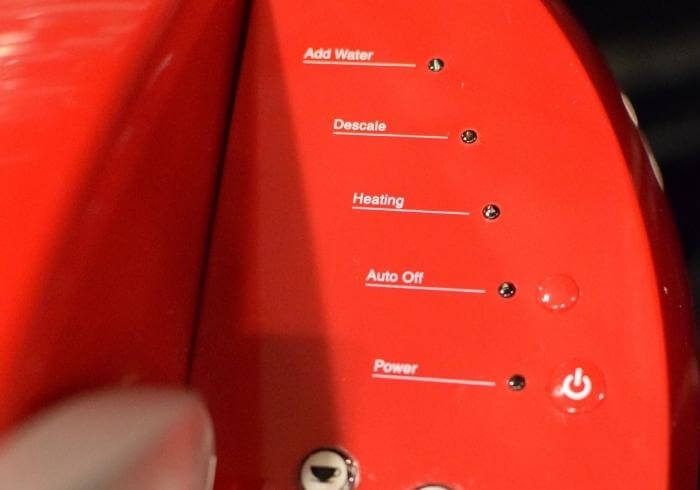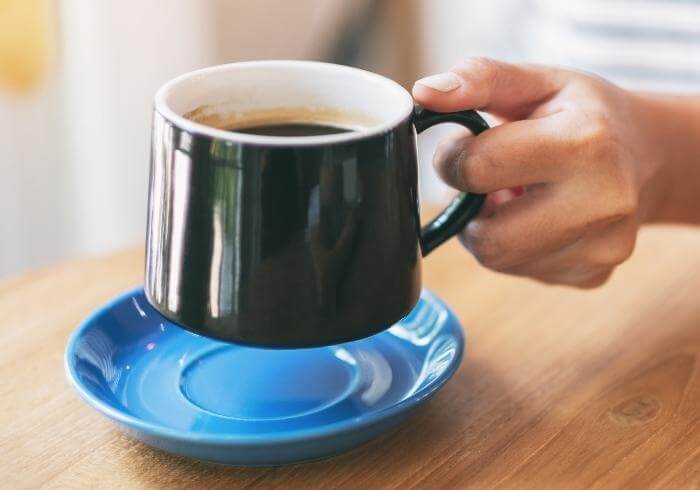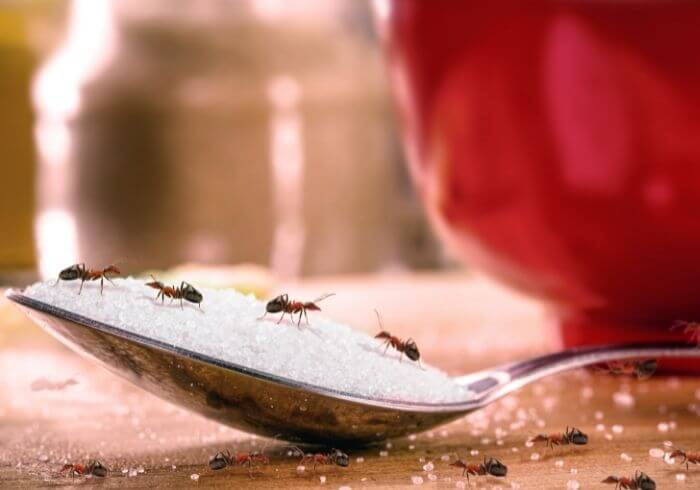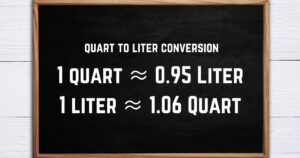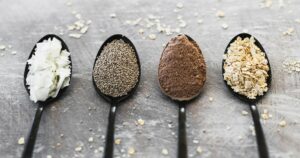Have you ever had one of those mornings where your coffee just doesn’t taste right, and you can’t figure out why? That’s why I always emphasize the importance of understanding the shelf life of your coffee.
Knowing their age can make all the difference, whether it’s whole beans or ground coffee.
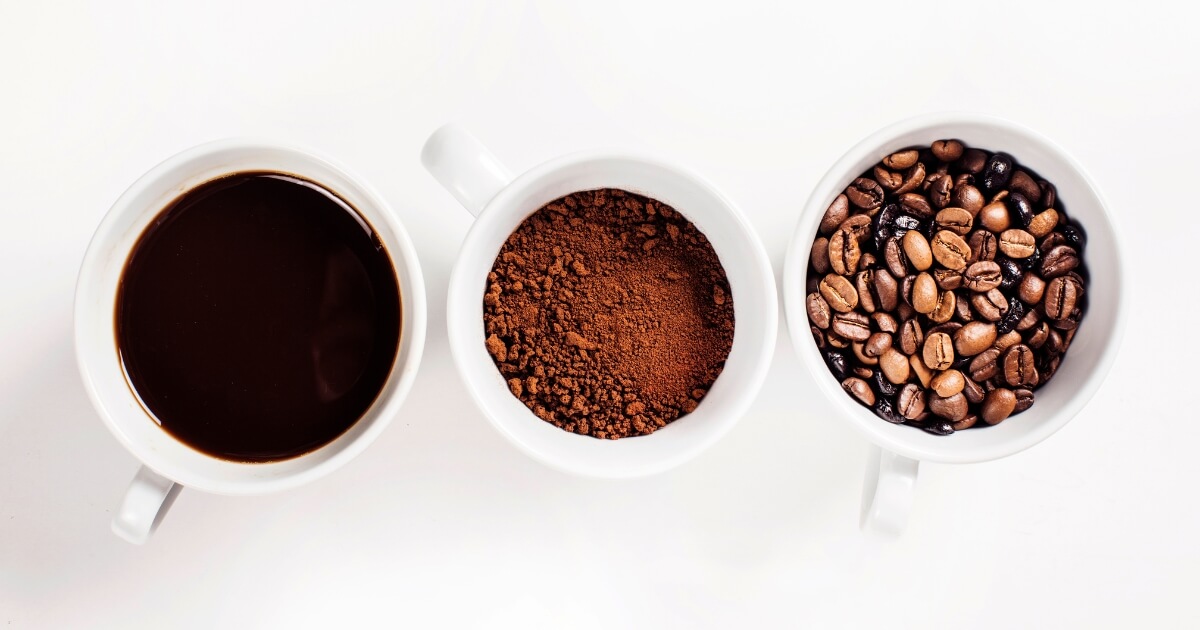
You might think coffee’s a dry good, so it should last forever, right? Nope! Just like spices or dried herbs, coffee has its prime time for flavor and aroma. And while some types of coffee might last longer than others, none are truly timeless.
But not all coffees age the same way.
In this guide, we’ll cover shelf life timelines for various forms of coffee to help you gauge how fresh your morning coffee is, what affects it and how long it lasts.
Brewed Coffee
Does brewed coffee go bad? Yes, brewed coffee may become bitter, rancid, stale, or even dangerous to consume.
Here are some guidelines for drinking brewed coffee:
| Black Coffee (left out) | Use within 4 hours |
| With Dairy or Sweetener (left out) | Use within 2 hours max. |
| Black Coffee (refrigerated) | Use within 1 – 2 days |
| Freshly Brewed (for best taste) | Use within 30 minutes |
If you’re unsure about your brewed coffee, it’s always best to throw it out and make a fresh cup!
How Long Can Black Coffee Sit Out at Room Temperature?
Brewed black coffee can remain at room temperature for 12 to 24 hours in a sealed container, but it’s best used within 4 hours before it completely looses its fresh taste.
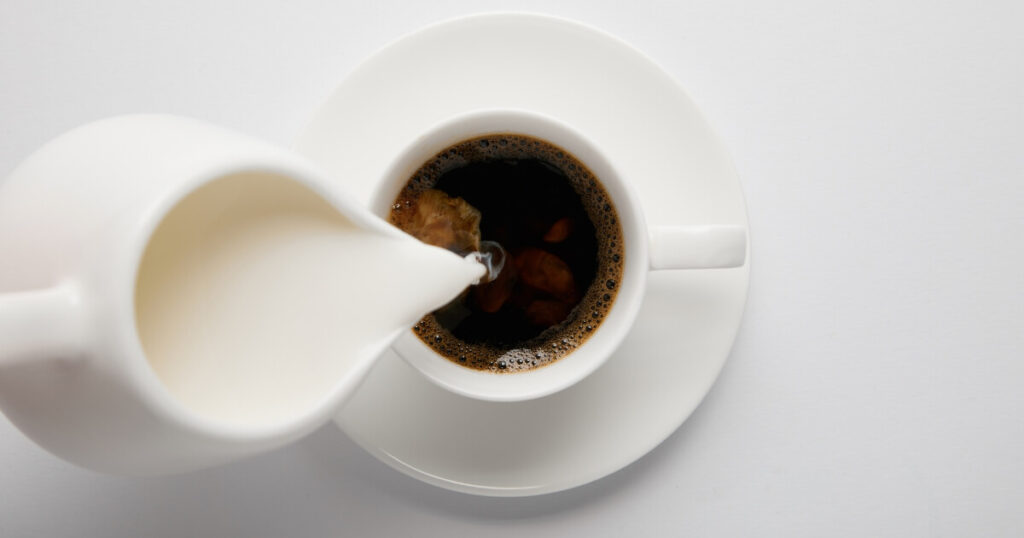
However, if you add dairy or sweetener to your coffee, consume it within 2 hours of brewing to avoid dangerous levels of bacteria. For the best flavor and aroma, you should drink your fresh brewed coffee within 30 minutes.
I brewed a pot of strong black coffee to kickstart one lazy Sunday. I made more than I could drink and left the leftovers on the counter.
The next morning, being the frugal home cook that I am, I decided to reheat it and have it with my breakfast. Let’s just say that that reheated cup of coffee was far from the best I’ve ever had.
Over time, coffee oxidizes, which alters its flavor. Do you know how an apple turns brown after you cut it? It’s a similar process to coffee.
Freshly brewed coffee is at its prime within the first 30 minutes of brewing. That’s when the flavor and aroma are at their peak. But as the clock ticks, things start to change. After about 4 hours, the oils in the coffee begin to turn, affecting its taste.
Bacteria love warm environments and can start multiplying if left out too long, even without your usual milk, cream, or sugar, so the sooner you drink it, the better.
How Long Does Refrigerated Coffee Last?
Black coffee stored in an airtight container in the fridge can last up to a week. However, brewed coffee with dairy should be consumed within 1-2 days. Cold brew coffee also has a fridge shelf life of up to a week.
While your coffee might be safe to drink after these periods, its taste may weaken. Always check for signs of spoiling before consuming.
Cooling your coffee puts the brakes on the oxidation process, preserving its freshness and flavor. So, you can enjoy that brew a bit longer without compromising on taste.
But, and it’s a big but, always be wary of bacteria or even mold. Even in your fridge, they will still grow and multiply, just a bit slower.
Instant Coffee
| Unopened (recommended) | Follow best-by date |
| Unopened | May last 2-3 years beyond date |
| Opened | 6 months to 2 years (best within a few weeks of opening) |
Does Instant Coffee Expire?
Yes, instant coffee does expire, but it’s more about losing flavor than becoming harmful to consume. The best-by date on the package is a good indicator of when your instant coffee may start losing its peak taste.
But hey, don’t worry. Even if you use it past this date, it shouldn’t make you sick unless it’s been contaminated in some way.
How Long Does Instant Coffee Last Unopened?
Unopened instant coffee can last up to 2-3 years beyond its best-by date if stored properly. When storing instant coffee, you should keep it in a cool, dry place away from direct sunlight.
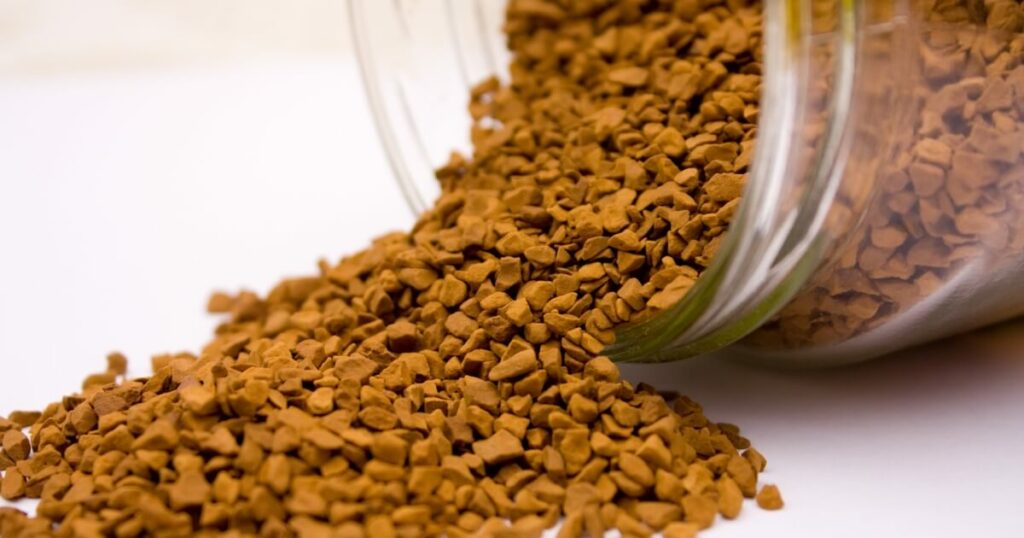
Keeping your unopened jar or vacuum-packed package of instant coffee in optimal condition will help maintain its freshness for longer periods. My pantry has always been my go-to spot because of the lack of light exposure and constant cool temperature.
But even though unopened instant coffee lasts quite long, remember that the “best by” date is there for a reason. After this period, the quality will gradually degrade. Your morning brew might not be as aromatic or flavorful as you’d expect.
How Long Does Instant Coffee Last Opened?
Once opened, instant coffee can last anywhere from 6 months up to 2 years under the best conditions. However, it’s best used within a couple weeks after opening for optimal flavor and aroma. Moisture and contaminants will drastically reduce your instant coffee’s shelf life and safety.
If you’re anything like me who loves every sip bursting with robust richness and full-bodied depth – aim to enjoy your opened pack within those first few weeks.
And if you’re not sure whether your instant coffee is still good or not, get rid of it for peace of mind and a better start to your day.
Ground Coffee
| Unopened | May last up to 2 years |
| Opened | Use within 1 to 2 weeks |
| Fresh Ground (at home) | Use Immediately |
How Long Does Ground Coffee Last Unopened?
Unopened ground coffee can last up to two years when stored correctly in a cool, dry place. However, for the best flavor and aroma, consuming within a few weeks of the roast date is recommended.
Ground coffee has more surface area exposed to air compared to whole beans, which means it oxidizes faster and can lose its freshness even when unopened!
So, while it doesn’t necessarily “go bad” or become unsafe to drink after two years, stale coffee just isn’t as satisfying.
If you’re unsure about whether your forgotten bag of grocery store coffee is still good or not, give it a sniff test! Fresh coffee should smell rich and inviting. Anything less might indicate staleness.
How Long Does Ground Coffee Last Opened?
Opened ground coffee should be consumed within one to two weeks. Storage in an airtight container in a cool, dark place can extend its lifespan to a month or two.
Remember, freshly ground coffee at home is best when used immediately.
Whole Coffee Beans
| Sealed Bag | Use within 6 months |
| Opened (not ground) | Use within 2 to 3 weeks |
Do Coffee Beans Go Bad?
Coffee beans can go bad. While they won’t spoil or mold like perishable food items, they lose their flavor and aroma over time due to oxidation. This process typically starts to noticeably affect the quality of your roasted coffee beans after about 2 to 3 weeks once the package has been opened.
I recall one instance when I found a forgotten bag of whole bean coffee in my pantry that had been opened and left untouched for a couple of months. Now, being someone who savors a good cup of joe, I decided to grind some up and brew a pot.
The result? It was drinkable, sure, but it lacked that rich depth of flavor and enticing aroma I’ve come to expect from freshly roasted beans.
Whole coffee beans are like little capsules preserving all those delightful flavors and aromas we love so much in our hot coffee.
But oxidation begins once those beans are exposed to air by opening the bag or grinding them. And with oxidation comes gradual flavor loss.
So, while your old coffee beans might not necessarily be “bad” in the sense that they’re unsafe to consume, they will certainly be lacking in taste and smell compared to fresh ones.
To slow down this process, store your opened bag of whole bean coffee in an opaque, airtight container away from heat and light sources (like your oven or windows).
And if you can grind your beans just before brewing? Even better! This helps maintain maximum freshness for as long as possible. Because let’s face it, there’s nothing quite like a fresh cup of coffee brewed from freshly ground beans!
Coffee Pods & Capsules
| Pods & Capsules | Use within 8 to 12 months |
| Opened (for a 2nd brewing) | Use immediately |
Do Coffee Pods Go Bad?
Coffee pods and capsules can go bad if damaged. Even good pods will gradually become weak in flavor over time. However, because they’re sealed, they have a longer shelf life than a bag of ground coffee, typically around 8 to 12 months.
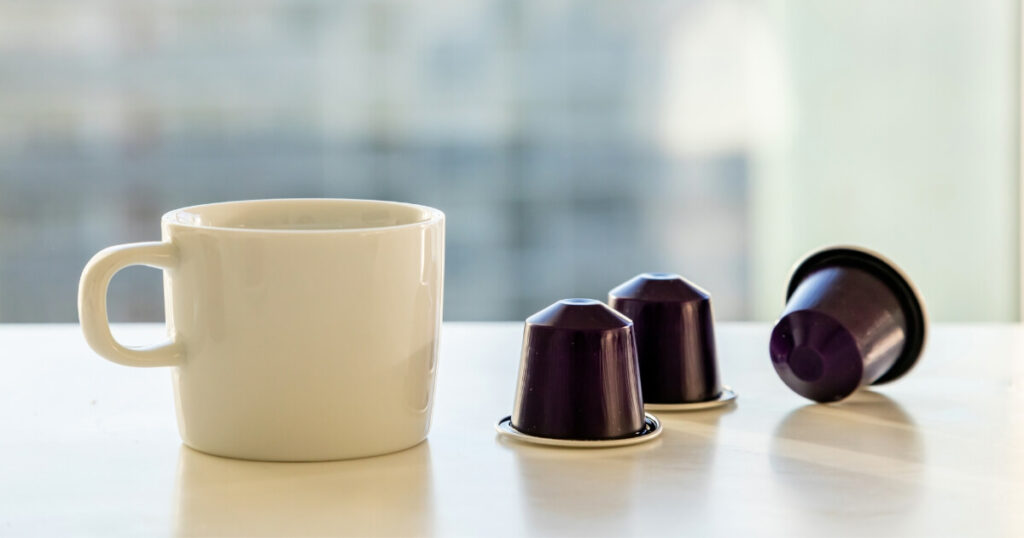
The quality coffee inside these pods and capsules is ground, which means it’s susceptible to the same oxidation process that can cause loose ground coffee to lose its flavor over time.
So how do you avoid this? One simple rule is don’t buy more than you can consume within a few months.
And always check the ‘best by’ date on the package before you purchase. Sometimes, those “great deals” are on products nearing their expiration date.
If you’ve got some older pods or capsules lying around and you’re not sure if they’re still good or not, carefully give your coffee a sniff after brewing!
If your cup doesn’t have that rich and inviting aroma we all associate with fresh coffee, then chances are your pod or capsule has passed its prime.
What Affects the Shelf Life of Coffee?
The shelf life of coffee is influenced by several factors, including its form, the packaging, and how it’s stored. But the main factors to avoid are:
- Air (Oxygen)
- Extreme Temperatures
- Moisture
- Sunlight
Starting with the form of your coffee, whole beans are like little flavor vaults. They hold onto those wonderful flavors and aromas until you’re ready to release them via grinding.
So naturally, they’re going to stay fresh longer compared to pre-ground coffee, which has more surface area exposed to air right off the bat.
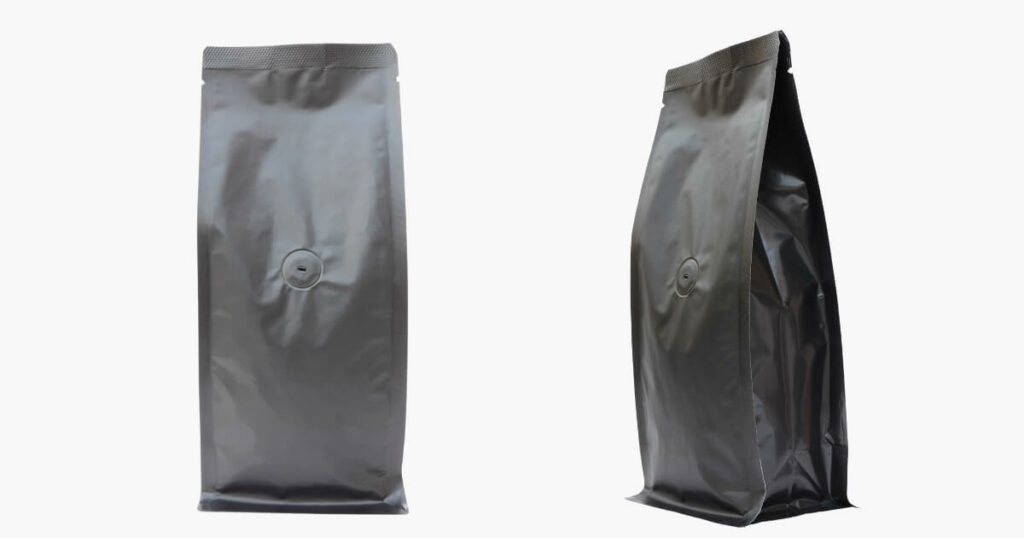
Ever wonder why many bags of coffee come with that little one-way valve?
That’s to let out carbon dioxide (which is released from freshly roasted beans) while preventing oxygen (the main culprit behind stale coffee beans) from getting in. This kind of packaging helps preserve the freshness of your beans or grounds for as long as possible before you open it.
When storing coffee in any form, keeping it in an opaque, airtight container in a cool, dry place away from direct sunlight will significantly slow down oxidation and keep your brew tasting better for longer.
Coffee does not fare well under extreme conditions. If it is too hot, it can speed up oxidation. Too cold (like storing it in the fridge or freezer) can allow it to absorb odors from other foods and moisture, which also speeds up oxidation.
Oxidation And Your Coffee
Oxidation is a natural process where oxygen in the air reacts with the compounds in your coffee.
While it sounds all science-y, think of it as a slow dance between oxygen and your coffee’s flavorful oils and aromatic compounds. Over time, this dance causes your coffee to lose its vibrant flavors and rich aromas.
Why Does Oxidation Matter?
- Flavor Fade: Coffee is a symphony of flavors, from fruity notes to deep, chocolatey undertones. Oxidation mutes these notes, leaving your brew tasting flat and lackluster.
- Aroma Away: The tantalizing aroma of freshly brewed coffee? Oxidation steals away these delightful scents, making your coffee experience less inviting.
- Stale Over Fresh: Oxidation is the main culprit behind your coffee turning stale. And let’s be real, no one’s dreaming of a stale cup in the morning.
What To Do About Oxidation
While oxidation is inevitable, you can slow it down:
- Store Smart: Keep your coffee in an airtight container. Less air means less oxidation. Simple as that.
- Cool & Dark: Store your coffee in a cool, dark place. Think pantry or a cupboard away from the oven or windows. Heat and light speed up oxidation.
- Grind On Demand: If you can, grind your beans just before brewing. Whole beans have a protective outer layer that helps keep oxidation at bay. Once ground, that protection is gone, and the oxidation process speeds up.
Shelf Life Of Coffee FAQs
How Long Does Coffee Last in the Freezer?
If you store coffee in the freezer, it can last up to 1 to 2 years. However, it’s important to remember that each time you take it out and expose it to air, you’re inviting moisture, which can affect its flavor.
Why Shouldn’t You Refrigerate Your Coffee?
Refrigerating coffee isn’t ideal because coffee is porous and can absorb smells from other items in your fridge. Plus, the fluctuation in temperature every time you take it out for use can lead to condensation, which speeds up oxidation and flavor loss.
Why Does Coffee Lose Its Flavor Over Time?
Coffee loses its flavor over time due to a process called oxidation. Once exposed to air, coffee begins oxidizing, which leads to a gradual loss of those delicious flavors and aromas we all love so much.
Can You Revive Stale Coffee?
While you can’t fully revive stale coffee back to its original state, you can use it in recipes like baked goods or smoothies where the staleness won’t be as noticeable.

